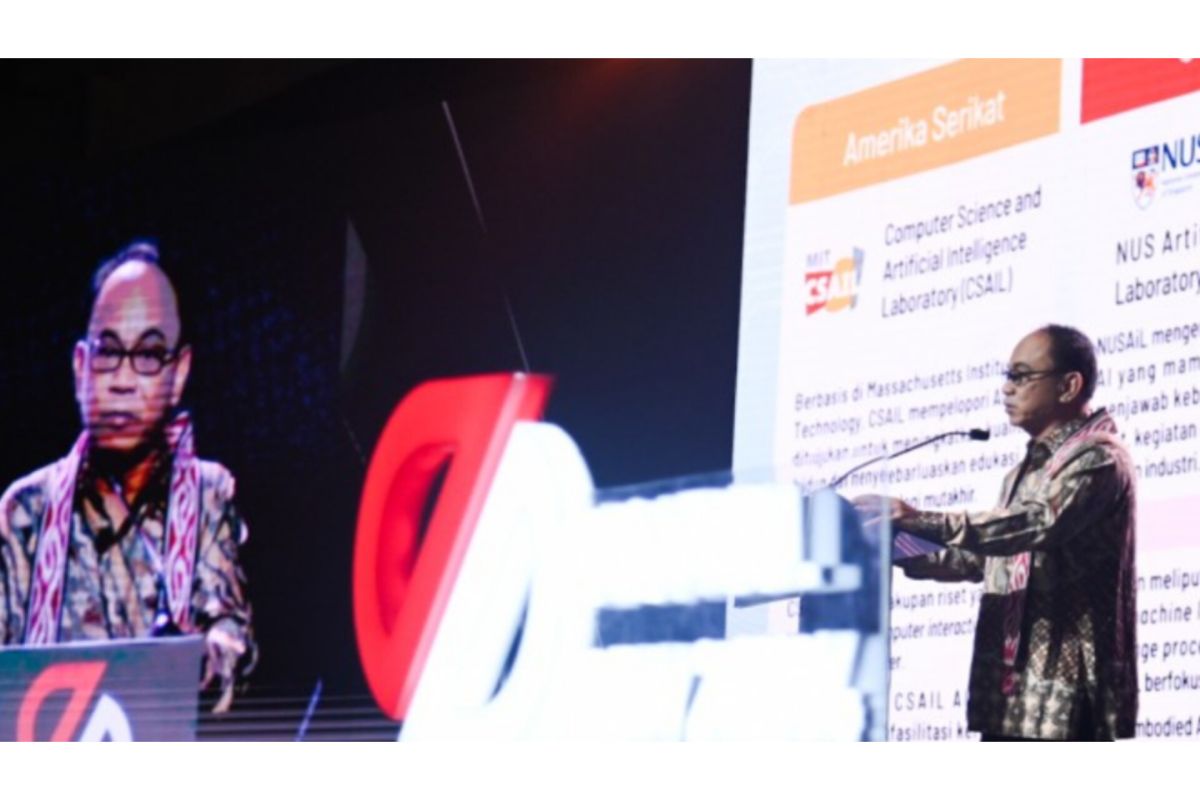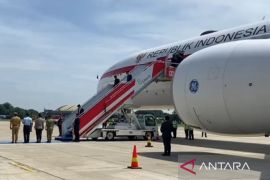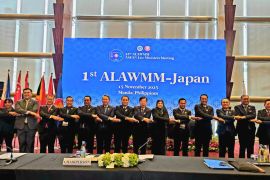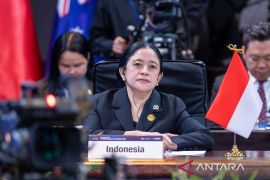He made this statement based on data showing that AI's contribution to the ASEAN economy jumped from US$1 billion in 2020 to US$11 billion in 2022.
"Private investment destinations for the AI sector are still dominated by the US, China, and the UK. However, the digital sector continues to grow rapidly in the ASEAN region, with investment in the ICT sector increasing," Setiadi said on Friday.
He also encouraged national digital technology ecosystem players to seize the opportunity to develop AI as an innovation and solution.
In Indonesia, the digital sector attracted approximately US$22 billion in investment in 2023.
The market potential is predicted to reach between US$210 billion and US$360 billion by 2030, with significant growth in e-commerce, online travel, transportation, food industries, and online media, Setiadi explained.
"The contribution of AI to the Indonesian economy in 2030 is expected to reach US$366 billion. This sector will drive Indonesia's economic growth in the future," he added.
Such promising potential demonstrates that AI is an emerging technology that is developing well and gaining trust across various sectors.
"Seventy-three percent of the 700 global AI developers believe that AI will be adopted by their organizations in the next two years," he stated.
AI is also expected to provide solutions for various sectors in developing countries, including education, health, public services, finance, and labor, he added.
Setiadi believes that efforts to create digital equality could also be facilitated by AI, which is considered an accelerator in the digital space.
He noted that access to digital services using AI could be improved through better information provision and public services, particularly in rural and remote areas.
"In addition, AI has the potential to increase economic productivity through automation and innovation, enabling MSMEs to compete in the digital era," he said.
However, several challenges in AI development must be addressed for Indonesia to become a suitable investment destination for AI, he added.
These challenges include uneven infrastructure development and limited funding, which hinder Internet penetration—key to AI development.
"Furthermore, the lack of knowledge transfer from AI-developing countries also limits the establishment of effective AI governance in a country," Setiadi said.
Related news: AI use must not bend truth, ignore human ethics: Megawati
Related news: Govt tailoring AI policies to benefit society: ministry
Translator: Livia Kristianti, Yashinta Difa
Editor: Anton Santoso
Copyright © ANTARA 2024











